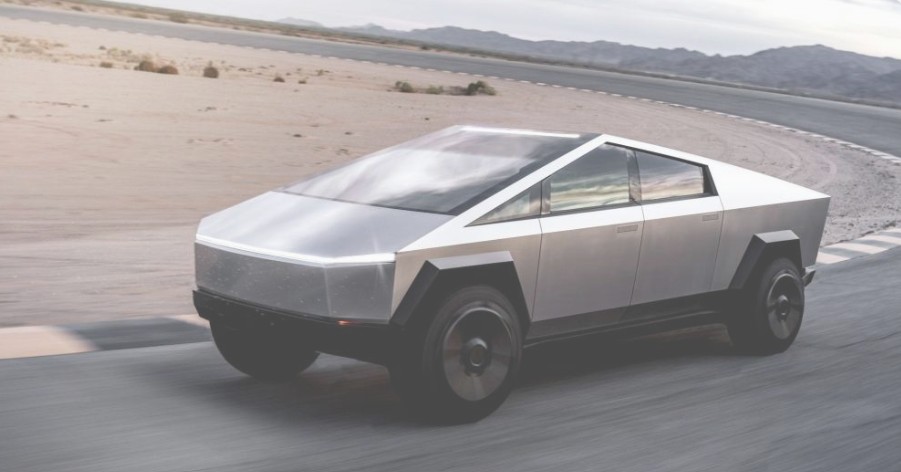Tesla has filed a lawsuit against EVject, a business recognized for its aftermarket safety escape connector. The EVject device has gained popularity among the EV community, primarily for its ability to improve driver safety. However, Tesla contends that this device poses serious safety hazards and harms its reputation.As the case progresses, it will be critical to …
Tesla files Lawsuit against EVject

Tesla has filed a lawsuit against EVject, a business recognized for its aftermarket safety escape connector. The EVject device has gained popularity among the EV community, primarily for its ability to improve driver safety. However, Tesla contends that this device poses serious safety hazards and harms its reputation.As the case progresses, it will be critical to understand how the court’s judgment will affect the future of EV safety equipment and the relationship between automakers and third-party accessory manufacturers.
Tesla’s Charging Network and Safety Concerns
Tesla has the largest EV charging network in North America. With such extensive coverage, some Supercharger stations are located in rural places, which may pose safety issues, particularly at night. In an emergency, Tesla drivers cannot drive away without unplugging the Supercharger plug, which may be troublesome. EVject’s escape connector addresses this issue by letting drivers disconnect and drive away without exiting their vehicle. This feature has gained popularity, especially among women and young drivers who may feel insecure during late-night charging sessions.
EVject’s Escape Connector
The EVject Escape Connector is intended to offer a rapid and safe way to disconnect from a Supercharger. It has a breakaway function that protects the vehicle’s charge port and Supercharger connector during an emergency departure. The equipment costs $299 and is touted as an essential safety device. However, Tesla’s lawsuit disputes these findings, claiming that the Connector is not as safe as stated.
Tesla’s Safety Concerns and Legal Claims
Tesla’s complaint highlighted the EVject device’s lack of overheat protection. According to Tesla, the Connector may attain temperatures of up to 100°C (212°F) after 30 minutes of charging at 420 ADC. Such high temperatures represent a risk of burns to users and may cause fires to nearby things, including vehicles and supercharger equipment. Tesla accuses EVject of deceptive advertising and wants to stop the company from selling the device as safe. Tesla also wants to prevent the product’s importation into the United States and seeks at least $75,000 in damages.
According to Tesla’s complaint:
In the event of an over-temperature condition in the Connector, the lack of overtemperature protection creates a safety risk. Testing of high-current simulated charging through the Connector, utilized in conjunction with a Tesla Supercharger cable and Tesla EV charge port, demonstrated that surface temperatures of the Connector may reach as high as 100C, after 30 minutes of charging at 420 ADC. During an over-temperature event, a user of the Connector may be burned during (or following) charging by touching or grabbing the Connector. Additionally, the high temperature present in the Connector poses a risk of fire and ignition of other combustible materials in the charger cable, the vehicle connected to the Connector, and the Supercharger infrastructure.
Community Reactions: A Polarizing Debate
The case caused diverse reactions from the EV community. Some endorse Tesla’s legal action, claiming that EVject’s product instills unwarranted dread and mistrust. They believe Tesla, known for putting safety first, is right in defending its brand and customers. Others think Tesla should collaborate with EVject to ensure the product’s safety rather than take legal action. They feel that the EVject connector addresses a genuine safety risk, whereas Tesla’s absence of an alternate option complicates the situation.
Tesla’s Track Record: Protecting Its Brand and Consumers
This is not the first time Tesla has used legal action to safeguard its interests. Tesla recently warned against using damp towels to alter Supercharger sensors and sued a Chinese manufacturer over a potentially harmful NACS adapter. These initiatives demonstrate Tesla’s commitment to the safety of its products and infrastructure. Tesla’s proactive approach to these issues reflects its commitment to upholding high safety standards for its consumers.
Tesla’s lawsuit against EVject raises serious concerns regarding the safety of aftermarket attachments and corporations’ responsibilities to ensure their goods do not jeopardize consumer safety. This incident emphasizes the significance of stringent safety regulations and open marketing in the quickly changing EV business.
Subscribe to Our Newsletter
Keep in touch with our news & offers










